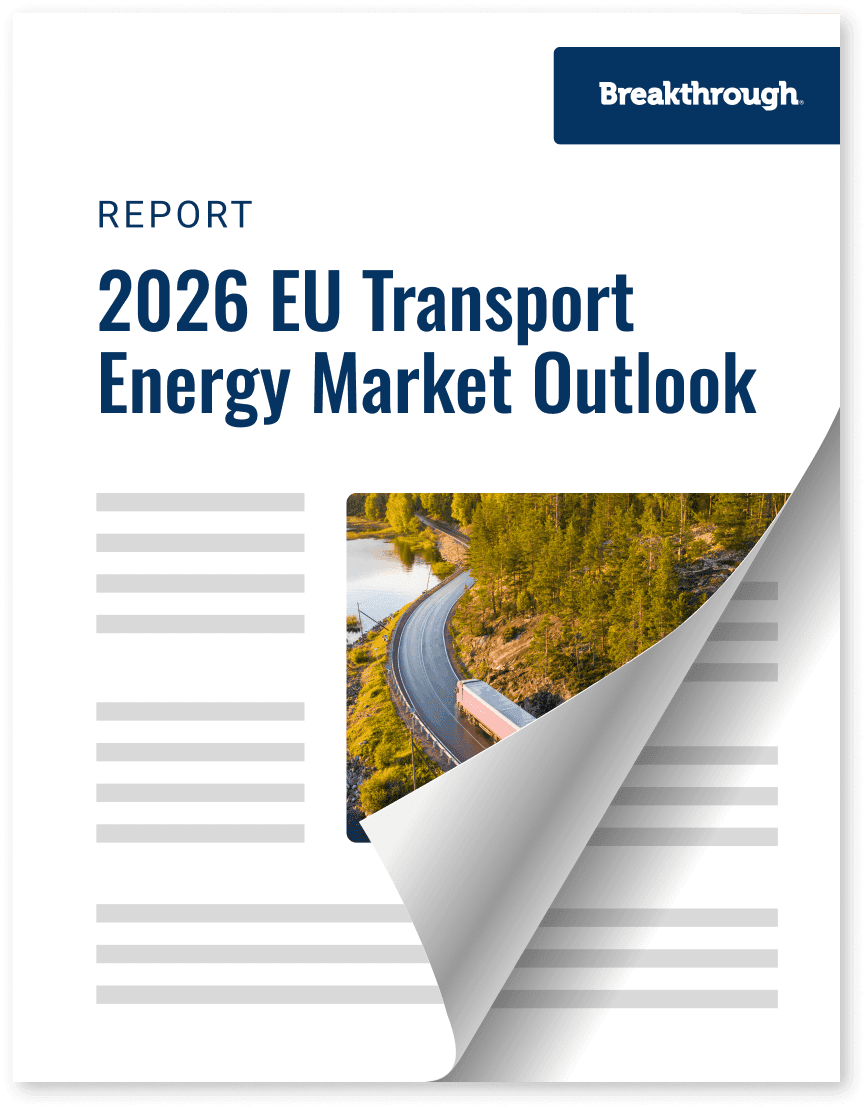2026 EU Transport Energy Market Outlook

Trending
Top Posts
Fuel
Turn Fuel Costs into Savings with Expert Fleet Optimization Strategies
7 min read
January 30, 2026
Market Events
How English Language Proficiency Enforcement Will Shape the 2026 Freight Market
5 min read
January 22, 2026
Freight
Reefer Rates Explained: What’s Driving the Trends?
5 min read
January 20, 2026
4 min read
June 23, 2025

Share:
Table of contents
Browse the table of contents to jump straight to the part you’re looking for
On June 23, Iran launched missile strikes on the U.S. Al-Udeid military base in Qatar in retaliation for the weekend’s U.S. attacks on Iranian nuclear facilities. While this marks a significant escalation of the Iran and Israel conflict, the strikes were widely anticipated and caused no U.S. casualties or damage to energy infrastructure. As a result, markets are interpreting the move as a controlled response rather than a signal of broader escalation.
At the close of the market on June 23, 2025, crude oil prices are down more than $5 per barrel, with West Texas Intermediate (WTI) falling below $70. Similarly, diesel prices are experiencing a decline, down more than 17¢ per gallon. This sharp pullback suggests the market is reassessing the immediate risk of supply disruption and may be viewing Iran’s response as an opportunity for de-escalation rather than a catalyst for further conflict.
Despite the heightened risk environment, several factors are helping contain upward pressure on energy prices:
Since Israel’s initial airstrikes on June 13, U.S. WTI crude oil prices have risen by roughly 10%, reaching a peak above $75 before settling near $74 per barrel. National wholesale diesel prices have also climbed in response, increasing by 10.6% overall and now averaging approximately 330.1¢ per gallon.
Although markets are currently stable, conditions remain highly dynamic. A direct attempt by Iran to block the Strait of Hormuz or to strike major oil infrastructure in the Gulf could lead to a rapid and sustained surge in global energy prices. That said, the probability of a full-scale blockade remains low. Iran depends heavily on the same waterway for its own oil exports, and any attempt to close or disrupt shipping lanes would likely provoke an immediate and forceful response from the U.S. Navy, which maintains a strong regional presence. These factors collectively serve as a deterrent to more extreme escalation—at least in the near term.
Diesel and crude markets are currently pricing in risk but aren't showing signs of panic. Unless physical supply is disrupted, volatility is likely to remain contained. Still, the potential for escalation remains, and shippers should stay alert to sudden changes in fuel costs.
Staying informed about market dynamics is essential for building resilient and cost-effective transportation strategies. By leveraging Fuel Recovery, shippers can reimburse carriers based on real-time fuel costs and protect their bottom line from market fluctuations. Learn more about Fuel Recovery today!

7 min read
January 30, 2026
Maximize performance with proven fleet optimization strategies. Learn how to manage driver compliance and leverage expanding fuel margins for real savings.
Read more
5 min read
January 22, 2026
Stricter English Language Proficiency rules are impacting driver capacity. See our data on how this is leading to upward linehaul rate pressure in 2026.
Read more
5 min read
January 20, 2026
Understand the latest trends in reefer rates. Our data analysis dissects if the market is in a seasonal swing or facing a true inflection point.
Read more